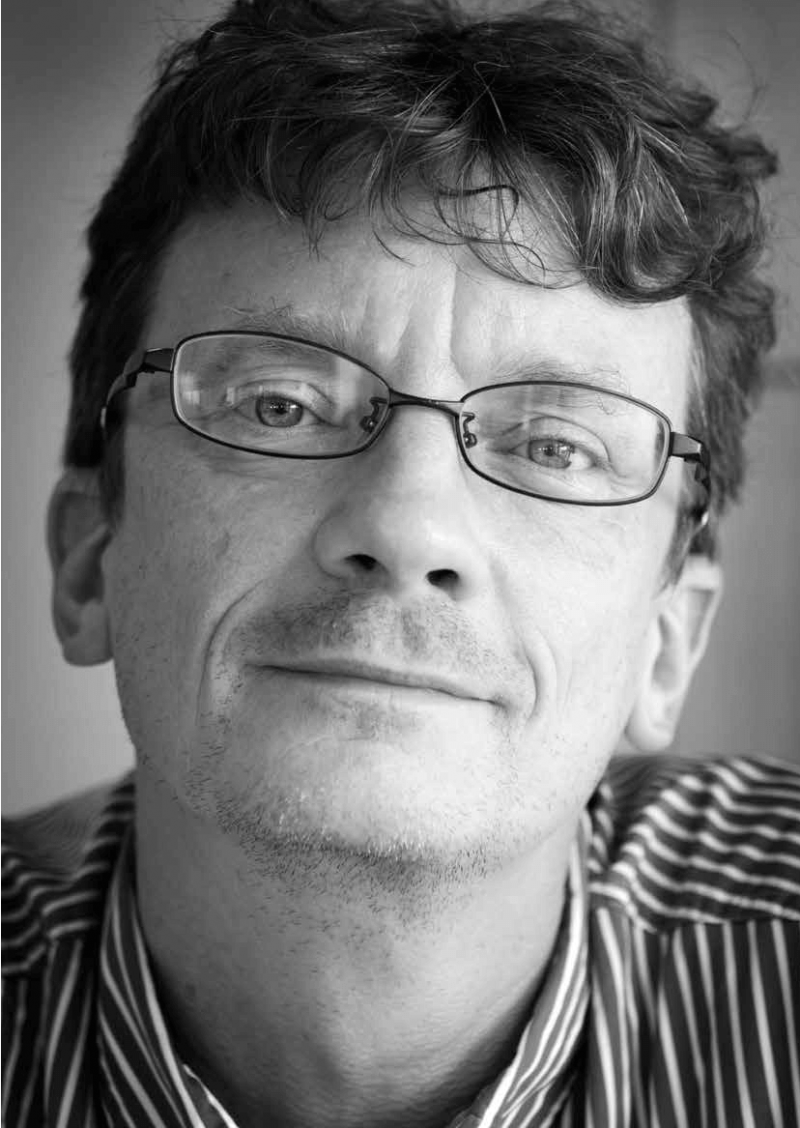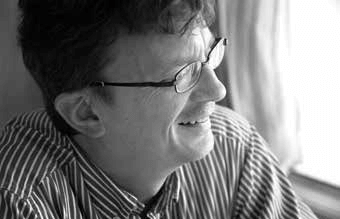Issue:

Martin Fackler, Tokyo bureau chief of the New York Times, decided he enjoyed journalism one night in 1998, in the ball room of the Imperial Hotel. Then a lowly stock market reporter for Bloomberg, he found himself at a birthday party for “the number two guy of the Inagawakai,” the yakuza gang then based in Roppongi.
“It was a wild ride,” he recalls. “The tables were arranged in a hierarchy: in the center were the bosses, and the next table was for the mistresses, all in tight leopard skin with long fingernails. For some reason they put me at that table. I kept my hands on the table all night.” On the next table were the police, followed by lesser ranks and far right groups. “They played The Godfather theme over and over again.”
Fackler’s entrée into Japan’s demimonde came about thanks to his coverage of the March 1997 sokaiya extortion scandal, when a corporate racketeer was exposed as having been extorting money from all the major brokerage companies. “My beat morphed from stocks to the underworld,” he said.
“Sokaiya are extortionists. The more infamous they are, the more money they make. So they were always very happy to be quoted. It’s actually a lot easier to talk to gangsters in Japan than it is to talk to people like [Toyota President Akio] Toyoda. They are far more open.” Drinking sessions with gangsters “made journalism a lot more fun,” said Fackler. “I didn’t want to go back to stock reporting after that.”
It was certainly a long way from Fackler’s early years in a trailer park in Iowa, while his father studied at medical school. After a peripatetic upbringing, one brother became a hedge fund manager, one an itinerant musician (“a denizen of the night”), while Fackler was drawn to Asia and to academia, studying Chinese language and history at Dartmouth College in New Hampshire. In 1986 he won a Japanese government scholarship to study Japanese at Keio University, and after graduating began a PhD program in modern Japanese and Chinese history.
“But after a couple of years I started getting antsy,” Fackler said. “What’s my trajectory? Six years to get a PhD and then a job in Kansas, getting paid $35,000 a year teaching a bunch of undergrads who don’t care.” He decided to switch to journalism, having been told “it was like permanent grad school you ask questions and write papers. The only difference is that people read what you write.”
So he applied to the Tokyo bureaus of the major newswires and was offered the stock reporting job at Bloomberg in 1996, aged 29. “I put aside my academic treatises on the Ching dynasty and Manchu warriors and became a financial journalist.”
‘IT’S NOT INCONCEIVABLE THAT WWIII COULD START OVER THE SENKAKU ISLANDS. SO THERE ARE REASONS WHY JAPAN MATTERS’

In 2000 he moved on, working for AP in Beijing and Shanghai. “The Shanghai bureau is the best job in China. All the busy work’s in Beijing so I was doing a lot of fun social features.” A stint for the Wall Street Journal in Tokyo followed, before he was approached in 2005 by the New York Times “the paper I grew up reading; it was where I wanted to work.”
Fackler is currently the only writer covering Japan for the world’s most famous newspaper, and he operates 14 hours ahead of his editors. “You’ve done a whole day’s work, and at about the time you want to go to sleep, your bosses are waking up with fresh ideas they want to discuss. Then they want to talk to you again at 6am before they go to press.”
Married, with two children aged 15 and 10, he finds the work takes a heavy toll on his family life. “I was going to go camping with my son a couple of weekends ago, and I had to cancel because I just can’t go off into the wilderness with no phone reception,” he said. “It’s hard for my wife to have a full time job because I can never commit to being around. I might be gone tomorrow for months, if something big happens.”
Having been both a wire reporter and a long form writer, Fackler feels that newspapers need to choose which service they want their correspondents to provide. “On the one hand they want you to act like a wire service, on the other hand they want you to differentiate yourself from commodity news, which means you have to have value added.”
This “schizophrenia” means that writers’ time is used very inefficiently. “I’m constantly putting aside bigger projects to do small stuff that ends up getting one paragraph in the paper,” he said. “And at the end of the day, your career is not based on your coverage of spot news, it’s based on the memorable stories.”
Despite his frustrations, Fackler believes “it’s still pretty hard to beat journalism in a lot of ways.” He has experienced little of the declining interest in Japan of which many Tokyo correspondents complain. “Japan has a very good reputation among educated Americans and the Times has a huge appetite for Japan stories,” he says. “The U.S. is a fellow Pacific power with a lot of connections to Japan. It’s not inconceivable that World War III could start over the Senkaku Islands. So there are reasons why Japan matters in the U.S. in a way perhaps the rest of the Western world wouldn’t share. I’ve never been told, ‘Who cares. ’ All the feedback I get is, ‘We want more.’”
Lucy Alexander is a freelance journalist and correspondent for The Times.

